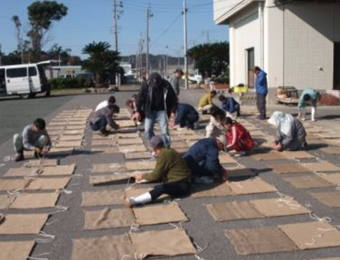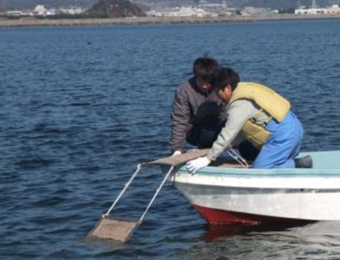Aquatic Environmental Conservation
Environmental System Development
Environmental Impact Assessment,
Information Processing
and Analysis
Renewable Energy from the Ocean
Fisheries habitats are being preserved, and new ones developed, in harmony with natural environment with the goal of developing and recovering algae beds and tidal wetlands.
Efforts are also being made to recover the productivity of fisheries and improve environment at fisheries habitats.
With fully experienced staff, KAIYO ENGINEERING is capable of Aquatic Environmental Conservation from proposing productivity recovery methods at fisheries to monitoring research.
Our service also includes production of guidelines and manuals of various themes with regard to the conservation of aquatic environment.
Algae beds are vanishing in various places. New ones must be developed to preserve the fisheries environment at sea and increase aquatic resources.
When recovering vanishing algae beds, the bottom topography must be identified through bathymetry
and the growth of sea algae and flock of algae eaters must be understood before proposing the most effective algae bed development design and post-completion monitoring research.
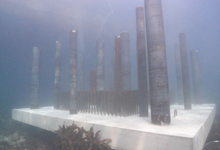
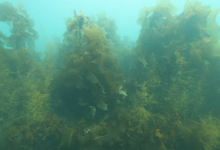
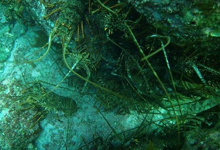
KAIYO ENGINEERING has been proposing, executing and monitoring how Zostera beds can be protected from vanishing due to environmental degradation and reclamation. With the increase of Zostera growth, there will be new algae beds that will be new habitats for small fish and spawning beds for squids and other creatures.
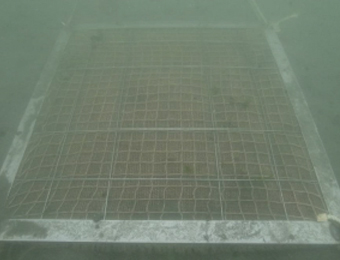
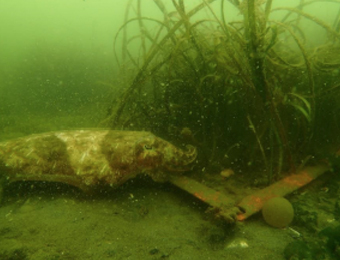
Bottom sediment is sometimes prone to degradation until it denies habitation by clams. We have revitalized clam fishing grounds in several places by correcting the bottom environment and stocking clams there. In one of the clam resource revitalization projects, clams wearing a transmitter were released in areas after bottom sediment improvement. The clams were located and recorded and their settlement was confirmed scientifically. This was followed by a monitoring research to verify their growth and survival conditions.
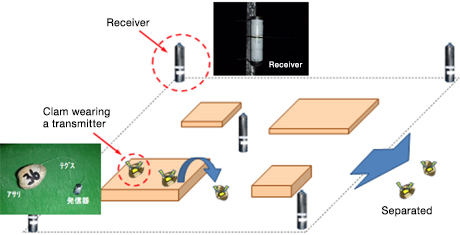
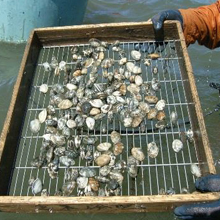
(1) Each mat is 50cm by 50cm and weighs no more than 1.5kg.
It can be installed easily without the help of heavy machinery or special skills.
(2) Zostera Mat® meets all needs from small-scale tests to major commercial application.
(1) Mats are entirely made of degradable materials.
(2) Mats are inter-connected with gaps to minimize impact to benthic life.
